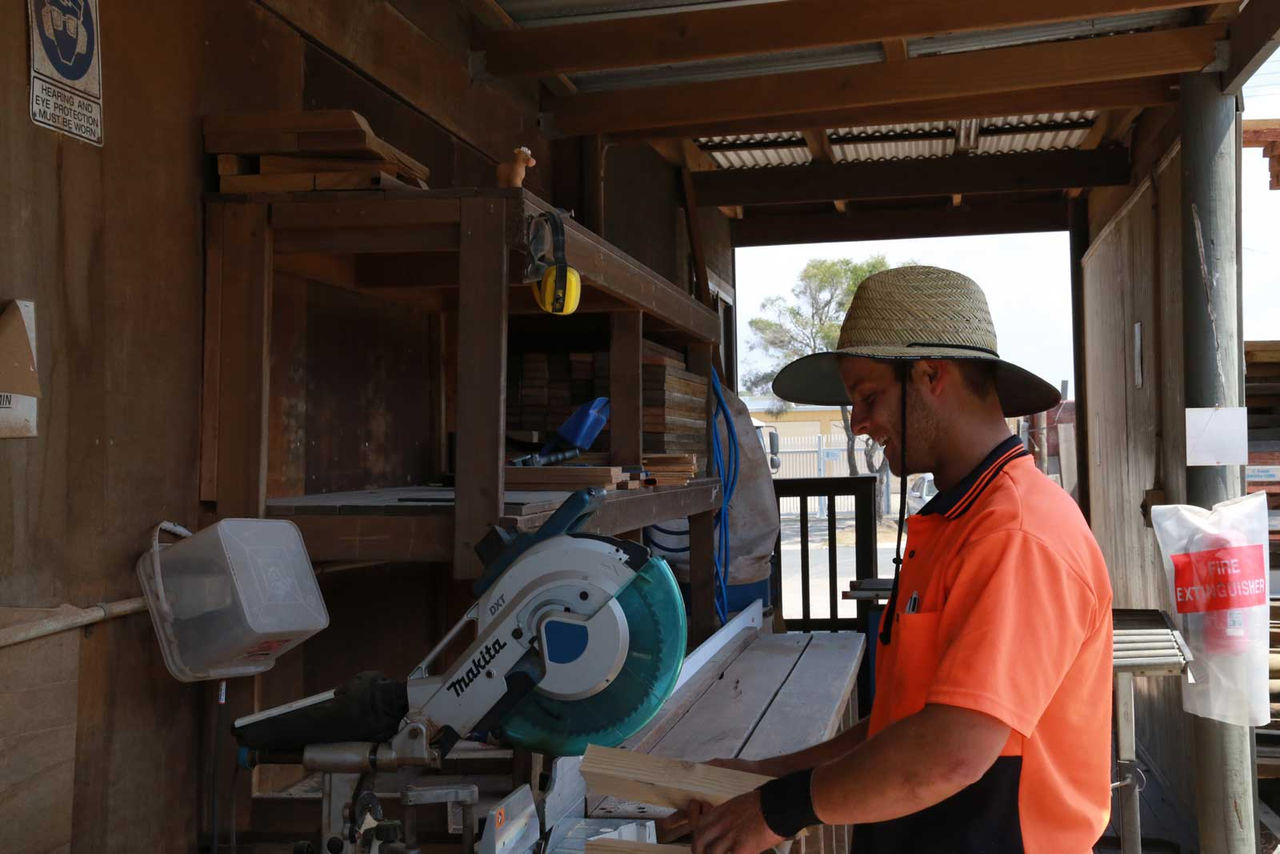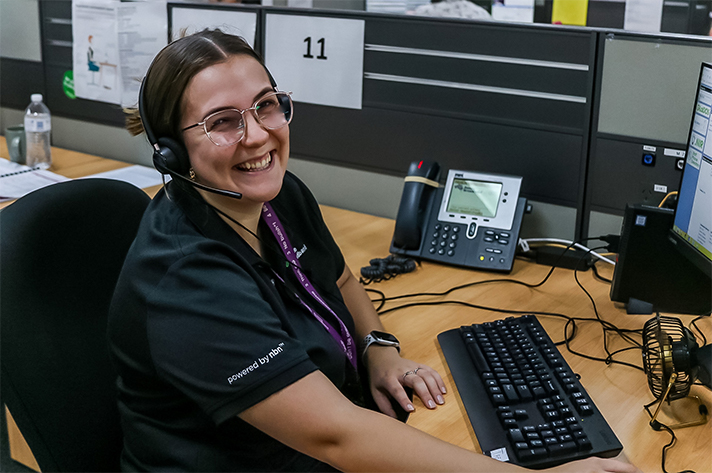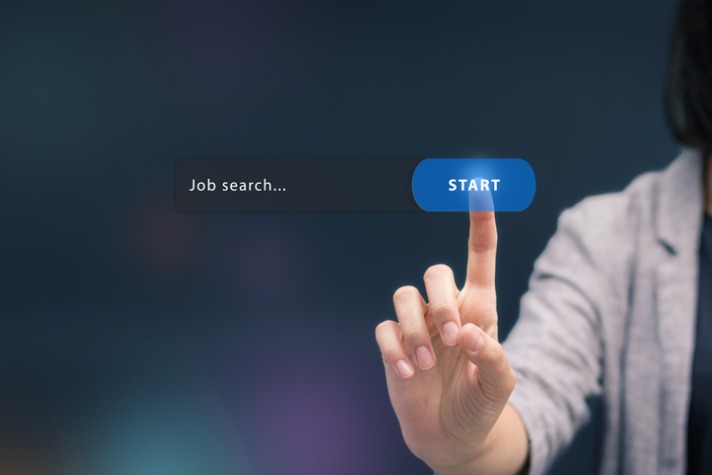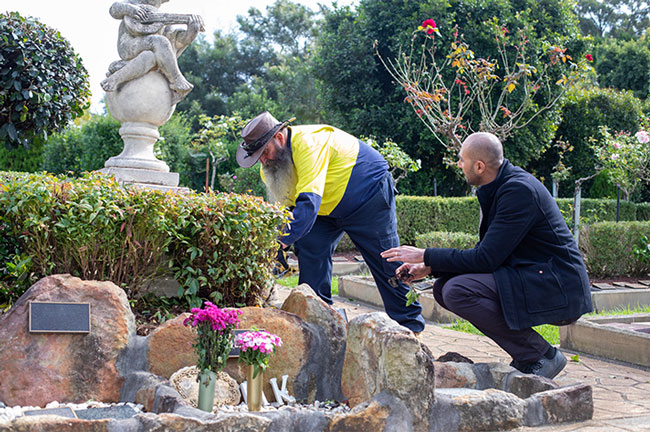Work life balance - how do you improve yours?
Published by MAXSolutions on September 19, 2018

Having work life balance sounds wonderful doesn’t it? But what actually is work life balance and how can you get it?
Work life balance is defined as an individual’s ability to meet both their work and family commitments, as well as other non-work responsibilities and activities.[1]
Research[1] suggests that the most significant factor impacting a person’s ability to achieve work-life balance is the amount of time they spend at work. Long work hours may impair personal health, jeopardise safety and increase stress.[1]
It is well established[2] that working is generally good for mental and physical health and wellbeing. The benefits of work include:
providing activity and a daily structure
a sense of meaning and purpose
relationships and a sense of community
financial independence
But certain aspects of work can have a negative impact on mental health. Job stress, isolated working conditions, psychological demands, a lack of reward for effort, job insecurity and a lack of control in the job can make mental health problems more likely.2
Getting the balance right
The more people work, the less time they have to spend on other activities, such as personal care or leisure. The amount of leisure time people have and the quality of it is important for people's overall well-being.
How your job fits in with the rest of your life seems to have the greatest impact on the ability to maintain a healthy balance. People who emphasise family when attempting a balance will tend to experience a higher quality of life. By contrast, an imbalance caused by a greater emphasis on work has a negative effect on quality of life[6]
Adequate quality leisure time can bring additional physical and mental health benefits to people.[7]
Work life balance in Australia
In OECD countries, one in every eight employees works 50 hours or more per week.[3]
In Australia, 13% of employees work very long hours, in line with the OECD average, In Australia, full-time workers devote 60% of their day on average, or 14.4 hours, to personal care (eating, sleeping, etc.) and leisure (socialising with friends and family, hobbies, games, computer and television use, etc.) – less than the OECD average of 15 hours. [3]
The Australian Work and Life Index, which is a national survey of work–life outcomes of working Australians has found that working unsocial hours (weekends, nights and evenings) can have a negative effect on work-life balance.
Those who work regularly on weekends, especially on Sundays, reported that work interfered with life much more than workers who have weekends off.
The 2014 survey found that the length of working hours and the fit between actual and preferred hours are critical issues.
There is now a large body of research evidence regarding the positive contribution flexibility can make to a positive and healthy work-life interaction.
The occupations with the highest work-life interference are managers, machinery operators and drivers, professionals and community and personal service workers.
The industries with the highest work-life interference are mining, information technology, media and telecommunications and health care/social assistance.[4].
Not everyone works in a role where flexibility or choice of work hours are a possibility.
What can you do to improve your work life balance if this applies to you?
Researchers Friedman and Greenhaus (2000) suggest that working adults build networks of support at home, at work, and in the community[4].
Conflict between work and family has real consequences and significantly affects quality of family life and career attainment of both men and women.
If you’d like some help improving your work life balance your EAP can help. Call 1800 629 277 or email support@maxsolutions.com.au to make an appointment.
References
1. Parkes, L. P., & Langford, P. H. (2008). Work-life balance or work-life alignment? A test of the importance of work-life balance for employee engagement and intention to stay in organisations. Journal of Management and Organization, 14(3), 267-284. Retrieved from https://search.proquest.com/docview/233252985?accountid=178506
2. https://www.healthdirect.gov.au/work-life-balance
3. http://www.oecdbetterlifeindex.org/topics/work-life-balance/
4. http://www.unisa.edu.au/Research/Centre-for-Work-Life/Our-research/Current-Research/Australian-Work-And-Life-Index/
5. Stewart D. Friedman and Jeffrey H. Greenhaus (2000), Work and Family—Allies or Enemies, Friedman and Greenhaus (2000), Employees working long hours, ISBN: 9780195112757884549459894997
6. Antecedents and outcomes of work–family conflict: Testing a model of the work–family interface, Journal of Applied Psychology 77: 65–78.; Greenhaus JH, Collins KM and Shaw JD (2003). The relation between work–family balance and quality of life, Journal of Vocational Behavior 63: 510–531.)
7. De Cieri H, Holmes B, Abbott J and Pettit T (2005) Achievements and challenges for work– life balance strategies in Australian organizations, International Journal of Human Resource Management, 16: 90–103.
Share
Tags
Found this useful?
Help and advice
Our blogs are about helping people seek the information that they need for their steps in the workforce.




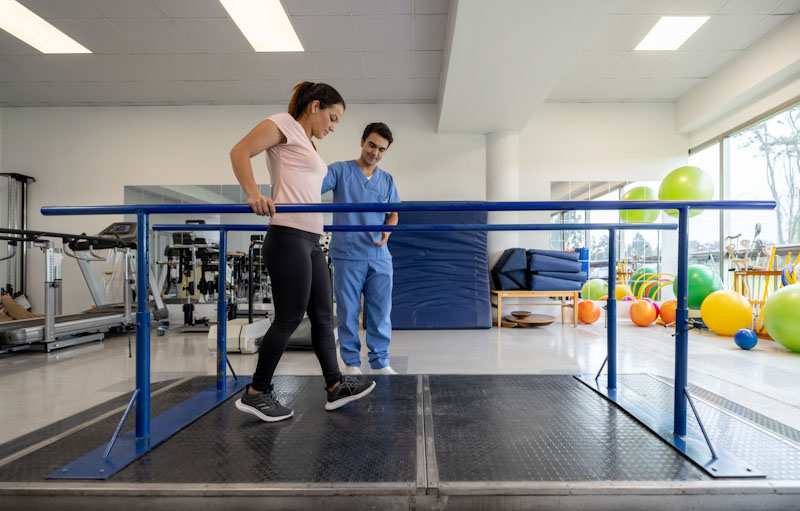









_1.jpg)




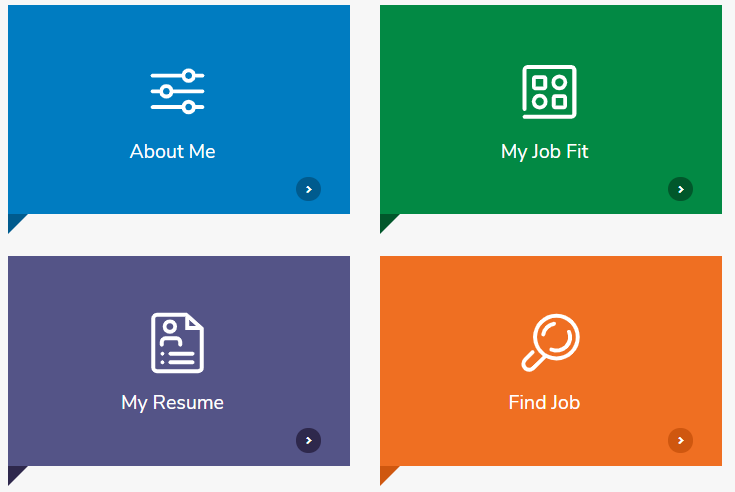

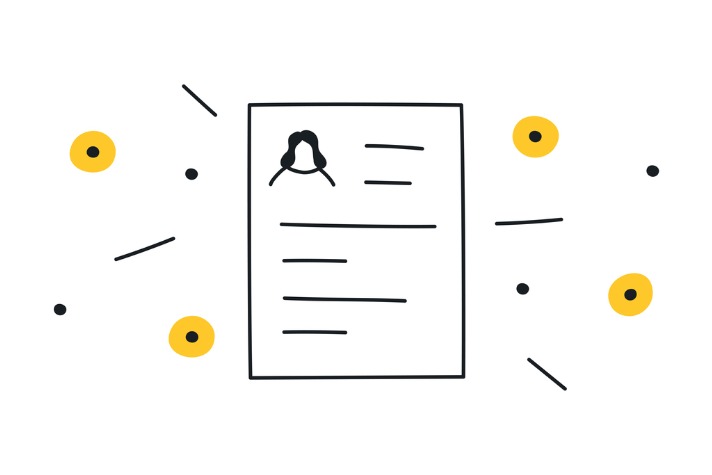






















.jpeg)
